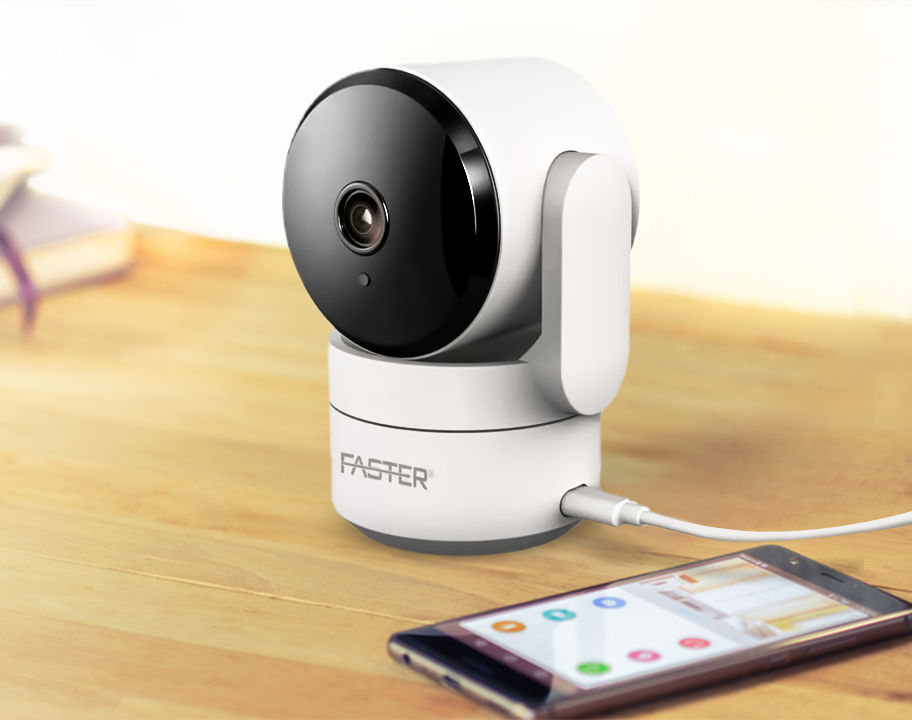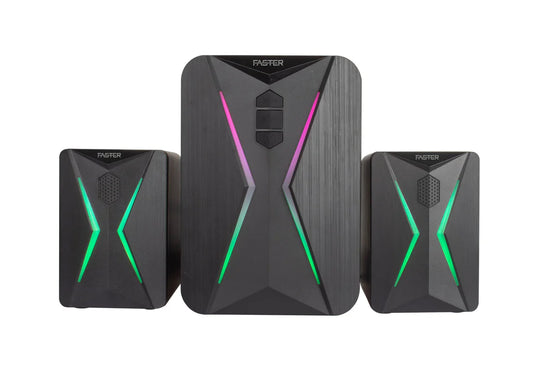
Wired vs. Wireless CCTV Cameras: Which One Suits Your Needs?
CCTV cameras are required as security is always needed in homes, workplaces, and public places. But because of technological advancement, you now have two primary choices: Wired and Wireless CCTV cameras. You have to choose according to your needs as each option has a different set of advantages and disadvantages. Therefore, this article is going to outline the differences, advantages, and disadvantages to help you make the best choice.
1. Understanding Wired CCTV Cameras
1.1 How They Work
Cables are used in wired CCTV systems to connect cameras to a central recording device, usually a network video recorder or DVR (digital video recorder). In addition, the cables carry video and power signals.
1.2 Key Features
- Dependable Connection: Because it uses a physical connection, signal dropout or interference is out of the question.
- Higher Quality Video: A clearer, more reliable video is delivered in many wired systems.
- Power via Cables: There's no requirement for other sources of power as power is drawn via the cables
1.3 Pros
- Stable Performance: Perfect for rooms that are being watched round the clock.
- Scalability: Suitable for big set ups.
- Less vulnerable to hacking: Closed circuit system is less vulnerable to hacking, hence offering guaranteed security.
1.4 Cons
- Complexity of Installation: Professional installation and cable management are necessary.
- Restricted Flexibility: It can be difficult to add or move cameras once they are installed.
- High Initial Cost: The cost of the equipment and installation can be high.
2. Exploring Wireless CCTV Cameras
2.1 How They Work
Video captured by wireless CCTV cameras is transmitted over the air by Wi-Fi or a wireless connection to a recording device or cloud storage. They commonly use a power source that can be batteries.
2.2 Key Features
- Accessible Remotely: View video in real time from anywhere from a computer or mobile phone
- Easy Installation: It doesn't require much wiring, and its installation is straightforward
- Versatile Location: Cameras can be installed as long as there is a Wi-Fi availability.
2.3 Pros
- Installation: It is easy as it requires no cable routing or drilling.
- Mobility: Suitable for short-term installs or renters.
- Intelligent features: This include motion detection, night vision, and artificial intelligence-based analytics.
2.4 Cons
- Wi-Fi Signal Interference: Performed based on the strength of the Wi-Fi signal
- Batteries: Reliant on batteries, which may be chargeable or replaceable regularly
- Susceptible to Data Theft: Vulnerable to hacking if not sufficiently protected.
3. Comparing Key Factors
|
Factor |
Wired Cameras |
Wireless Cameras |
|
Installation |
Complex and requires professional help |
Simple and DIY-friendly |
|
Reliability |
Highly reliable with no signal interference |
Can experience signal issues |
|
Video Quality |
Consistent and high-quality |
Dependent on Wi-Fi and compression |
|
Flexibility |
Fixed installation, difficult to relocate |
Easy to reposition and expand |
|
Cost |
Higher initial investment |
Lower upfront costs, but may incur ongoing expenses |
|
Maintenance |
Minimal after installation |
Requires battery replacements or recharging |
|
Data Storage |
Local storage (DVR/NVR) |
Cloud or local storage |
4. Choosing the Right CCTV Camera for Your Needs
4.1 When to Choose Wired Cameras
- Durable Installations: Great for houses or establishments that require extended security measures.
- Extended Landscapes: Well-suited for places that need wider coverage.
- Intermit-ment Monitoring: Good for areas where security has to be present at all times.
4.2 When to Choose Wireless Cameras
- Temporary Installations: Ideal for short-term installations or renters.
- Small Places: Ideal for small offices or apartments.
- Remote Monitoring: Wireless cameras are a convenient option if you need to monitor your property while you are away.
5. Future Trends in CCTV Technology
It is becoming increasingly difficult to distinguish between wired and wireless CCTV cameras as new technologies are developed. Hybrid systems, for example, security cameras combine the dependability of wired systems with the flexibility of wireless systems. More sophisticated and efficient surveillance systems are also becoming possible thanks to advancements in edge computing, 5G networks, and AI-powered analytics.
6. Conclusion
There can be wired or wireless types of CCTV cameras depending upon the type of property, need, and available funds. In those who require flexibility and convenience, wireless cameras will certainly find these attributes useful. Those who want reliability and durable performance, however, must consider wired cameras.
Thus, using the information above, decide what best suits your needs while balancing cost, installation, and numerous other aspects of desired features. Strong security camera features are supported by both kinds of cameras, ensuring that your home is constantly monitored.






